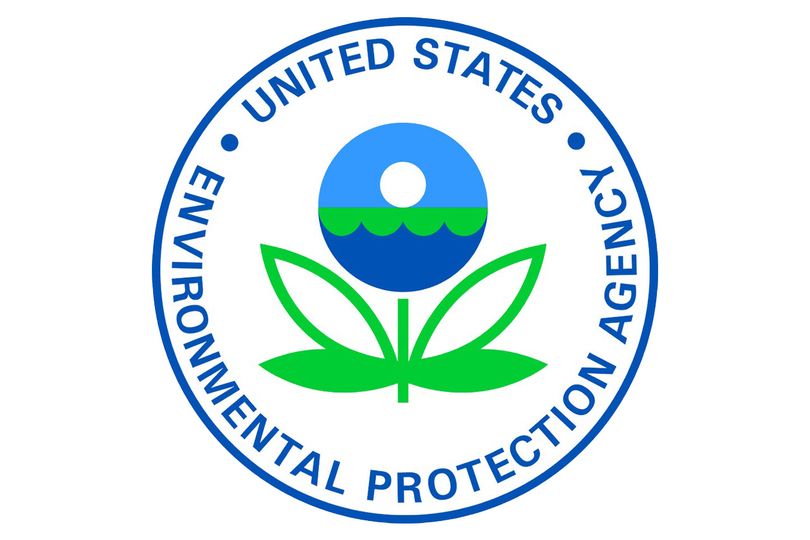EPA calls for low sulfur gasoline: Pros & Cons

Last month the EPA proposed all 50 states should be required to obey a new set of rules that would have them sell lower-sulfur fuel by 2017. Shockingly, the oil industry isn’t taking kindly to the proposition, arguing the standards would increase the cost of fuel and would actually worsen pollution. In reality they’re at least half right.
The EPA estimates the cost of fuel could rise by a penny per gallon and will add $130 to the cost of a car by 2025. In contrast, a statement released by the American Petroleum Institute sites studies that found the price of fuel could jump 9-25 cents per gallon.
“Consumers care about the price of fuel, and our government should not be adding unnecessary regulations that raise manufacturing costs, especially when there are no proven environmental benefits,” said API’s Bob Greco. “We should not pile on new regulations when existing regulations are working.”
"Implementing the new requirements would actually increase greenhouse gas emissions because of the energy-intensive equipment required to comply," he said.
The EPA makes a strong case for the benefits of spending up to an extra quarter per gallon on cleaner fuel, which they believe will cut “smog-forming volatile organic compounds and nitrogen oxides by 80 percent, establish a 70 percent tighter particulate matter standard, and reduce fuel vapor emissions to near zero."
In sum the use of lower-sulfur fuel in existing cars would have the effect of taking 33 million older cars off the road, according to the Alliance of Automobile Manufacturers and Association of Global Automakers.
By 2030, the EPA expects the program to prevent up to "2,400 premature deaths, 23,000 cases of respiratory ailments in children, 3,200 hospital admissions and asthma-related emergency room visits, and 1.8 million lost school days, work days and days when activities would be restricted due to air pollution. Total health-related benefits in 2030 will be between $8 and $23 billion annually.”
Many automakers are in support of the lower-sulfur gasoline, which is already being used in California, Europe and Japan. From a financial standpoint, being able to sell a single car that meets emissions regulations in all 50 states and around the world makes a whole lot of sense.
Autoweek reports that automakers “have also argued to the EPA and the White House that they need low-sulfur gasoline to start selling cars with lean-burn gasoline direct injection engines -- a key strategy for complying with stricter corporate average fuel economy standards that ramp up to 54.5 mpg by 2025.”
SOURCES
